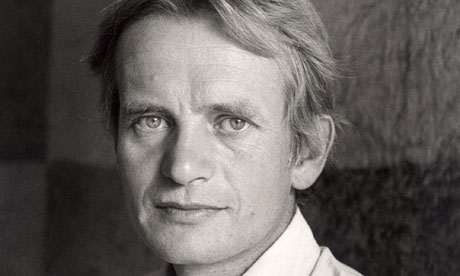At this writing workshop all levels are welcome – you work at your pace. I offer personal attention to every participant during the workshop and a free followup consultation afterward, by phone, email, or in person, if feasible.
Many a writer of creative non-fiction frets about hurting or upsetting real people when telling a story that touches on the lives of others. . . How to deal with telling the truth and not offending? Should we even worry about the latter?
A writer of integrity never wants to have the footnote after her/his name that James Frey, who “fictionalized” his memoir, will forever have. The bald-faced lies may have earned him some dough, but you don’t want a liar’s fame. In the long run it won’t serve him.
However, there are much less egregious examples of bending, re-focusing, refracting, embroidering the truth. Is there ever a place for it in creative non-fiction? A number of respectable writers have said there is and have admitted to having done so over the years. A New Yorker writer years ago admitting to fabricating a taxi cab driver’s quote to color his feature piece in that prestigious magazine. Bruce Chatwin’s (photo) In Patagonia has been said to have some “truths-a-half.” It’s a great book.
And what is truth? Are there times you leave out details in memoir pieces to avoid hurting innocent people, or even to protect yourself? We’ll talk about these ethics of truth. And we’ll do exercises with our own writing and see how they come to bear on our own work and decisions of what to leave in, what to leave out — always, always thinking of the reader. Meanwhile, chew on this: The protagonist in Paul Theroux’s Blinding Light says “All writing is fiction.”
WORKSHOP DATE & TIME: Sunday, January 29, 10 a.m. to 5 p.m.
LOCATION: San Francisco Zen Conference Center, 308 Page Street (@ Laguna Street), San Francisco, parking is easy.
Cost: $69.
